Traveling to UNESCO World Heritage Sites is already extraordinary, but a growing number of travelers are looking beyond sightseeing. They want to immerse themselves in local communities and contribute to the preservation of these treasured places.
Volunteering at a World Heritage Site means working alongside local experts and residents to protect biodiversity, support historic preservation, and empower communities. Read on to…
Marine Conservation in Belize
IVHQ’s marine conservation project in Belize lets volunteers earn a PADI scuba certification while protecting the Belize Barrier Reef Reserve System – the largest barrier reef in the northern hemisphere. The reef is a UNESCO World Heritage site consisting of seven protected areas, including the Blue Hole Natural Monument and Half Moon Caye Marine Reserve.
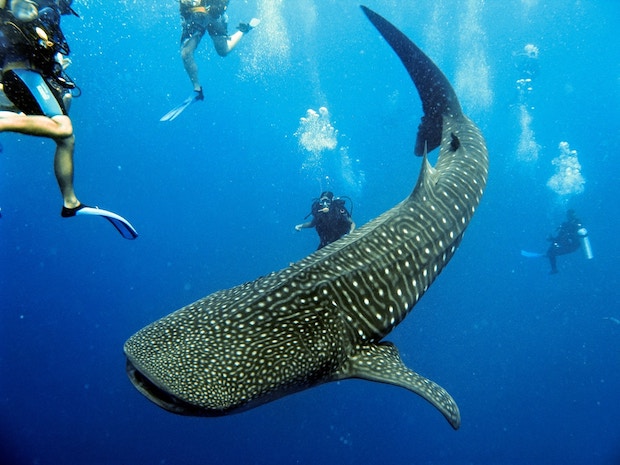
Volunteers receive diving instruction and then work with marine biologists on coral‑reef surveys, invasive species removal, marine species inventories, and whale shark research. As a result, you’ll make up to thirteen dives each week and gather data that informs conservation strategies. Accommodation is in a volunteer house on Placencia Island, orientation is held every Monday, and extra fees apply for dive training. After hours, volunteers can kayak, explore inland Mayan archaeological sites, or visit spice farms.
International Volunteer HQ, founded in 2007, has become one of the largest volunteer abroad providers, placing more than 85,000 volunteers on low‑cost programs worldwide.
Protecting the Great Barrier Reef in Australia
This standout program takes place on Australia’s Great Barrier Reef, a UNESCO World Heritage site. Volunteers work with marine experts and Master Reef Guides to monitor coral health and collect conservation data. Typical tasks include reef-restoration work, environmental surveys, beach cleanups, and visits to a turtle rehabilitation center. You can also earn a PADI Open Water or Advanced Open Water certification.
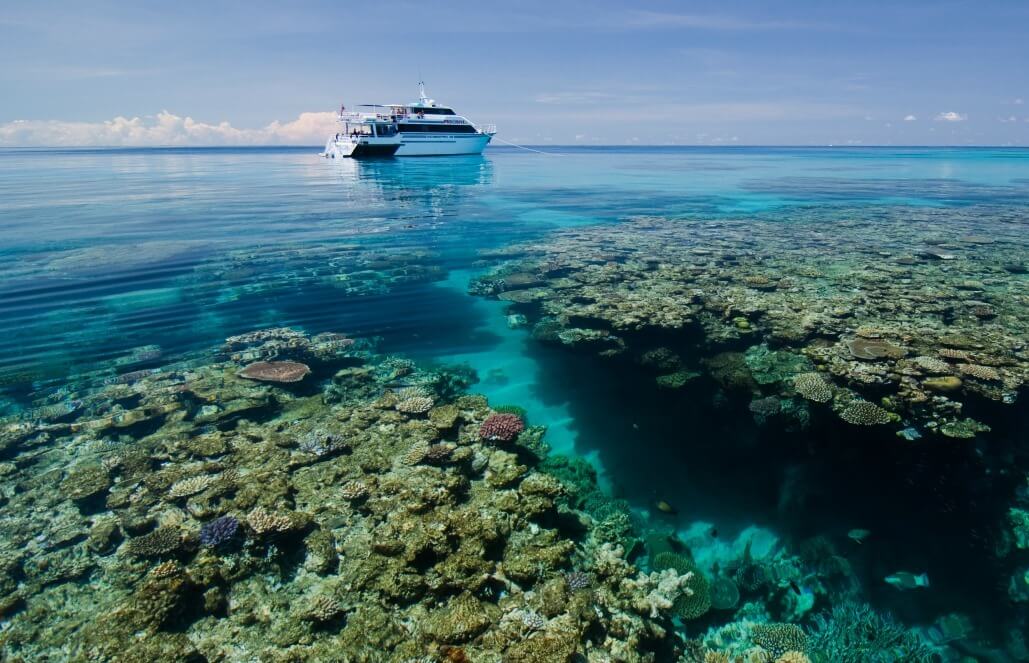
Depending on the itinerary, volunteers live aboard research vessels or on nearby islands — surrounded by turquoise water and vibrant marine life. Your contribution supports the protection of an ecosystem that sustains thousands of species while you explore one of the world’s most spectacular seascapes. Ideal for eco-conscious travelers who want to give back and learn from scientists.
GoEco curates programs for immersive, responsible conservation experiences.
Sustainable Agriculture in Antigua, Guatemala
This sustainable agriculture program is based in Antigua, Guatemala, a UNESCO World Heritage city known for Italian Renaissance influences and Barroco antigueño architecture. Once the colonial capital, Antigua was rebuilt after earthquakes, leaving many 16th-century landmarks intact.
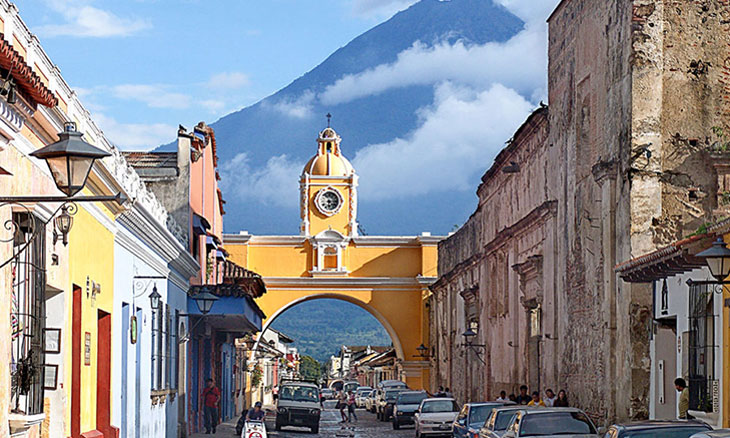
Volunteers support small-scale farmers on organic coffee plantations just outside the city, helping with planting, harvesting, processing, and packaging while learning responsible farming practices. Free time brings colorful markets, leafy plazas, and haunting monastery ruins. By joining, you’ll strengthen local livelihoods, immerse yourself in Guatemalan culture, and live amid centuries-old architecture celebrated by UNESCO.
Maximo Nivel offers this program alongside Spanish classes, teaching internships, and additional volunteer projects across Latin America.
Rhino Conservation at Chitwan National Park, Nepal
Projects Abroad offers a rare chance to support wildlife conservation in Nepal’s Chitwan National Park, a UNESCO World Heritage site of grasslands, subtropical forest, and rivers. Volunteers stay in the buffer zone near the Seti Gandaki River and help protect Indian rhinos, Bengal tigers, and mugger crocodiles through wildlife monitoring, anti-poaching support, and habitat surveys.
![rhino-in-forest-1-product-65817bcc07c03.[1090] projects abroad nepal VolunteerForever](https://www.volunteerforever.com/wp-content/uploads/2024/12/rhino-in-forest-1-product-65817bcc07c03.1090-projects-abroad-nepal.png)
The team arranges airport transfers, housing, orientation, and ongoing in-country support. On free weekends, explore Chitwan by jeep or canoe and learn about Tharu culture. If you want meaningful wildlife encounters while contributing to biodiversity protection, this UNESCO-listed program delivers impact and unforgettable field experience.
Community Health at Victoria Falls, Zambia
African Impact has placed more than 12,500 volunteers on sustainable projects across Africa since 2004. Their medical and community development project in Livingstone, Zambia, enables volunteers to live near Victoria Falls/Mosi‑oa‑Tunya – a UNESCO World Heritage Site and one of the seven natural wonders of the world.
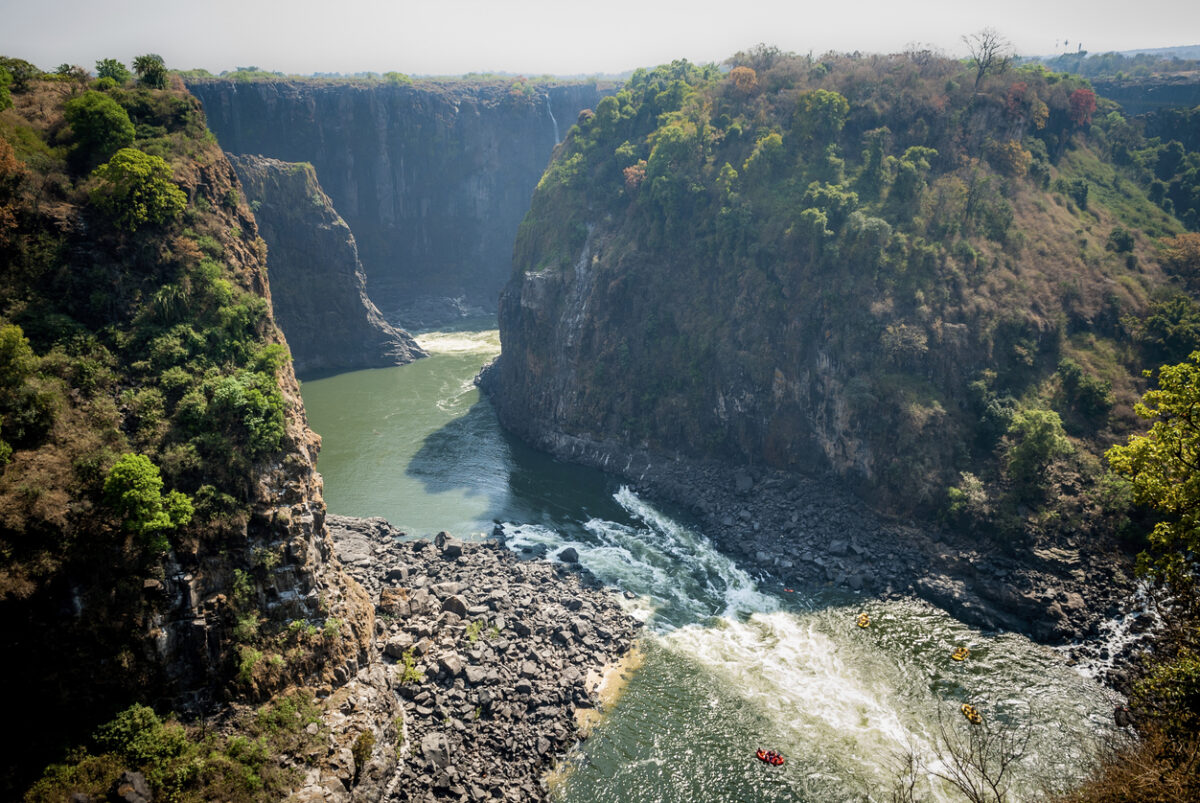
Victoria Falls stretches over a mile, its spray visible 12 miles away. The rainforest and gorge shelter endangered birds like the Taita falcon, with human traces millions of years old. Volunteers support clinics and home visits, offering supervised basic care and help with HIV/TB, maternity, and pediatrics — ideal for medical and pre-med students.
Base at Livingstone Backpackers (dorms, pool, climbing wall) and fit in nearby safaris. With African Impact, you’ll experience the Falls while strengthening community health.
Community Construction in Cusco, Peru
IVI’s construction project in Cusco invites volunteers to build or renovate community buildings and houses alongside a local foreman. Participants learn construction skills and safety procedures while working with fellow volunteers. Located in the ancient Inca capital, volunteers have free time to explore Cusco’s cobblestone streets and historic markets.
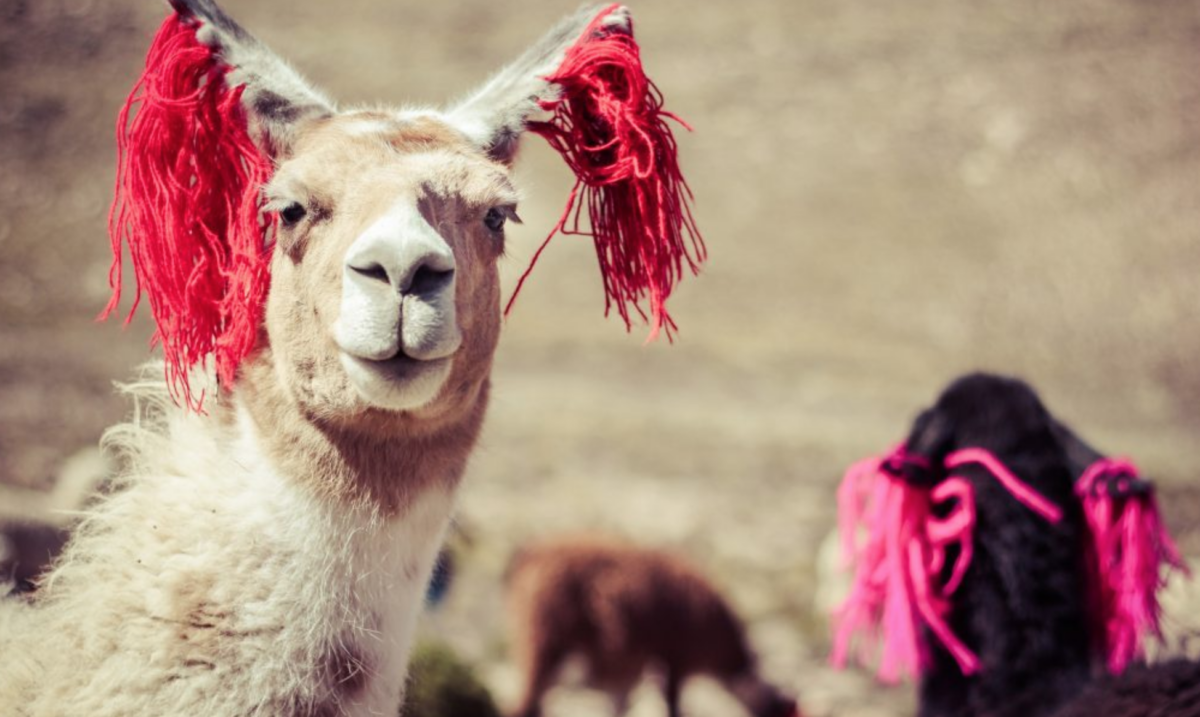
Cusco itself was designated a UNESCO World Heritage Site in 1983. Accommodation with a host family and meals are included.
Teach English to Monks in Chiang Mai, Thailand
Volunteers spend two weeks teaching English and other subjects to novice Buddhist monks aged 12 to 18. Tasks include assisting local teachers, conducting conversational practice and introducing computer literacy.
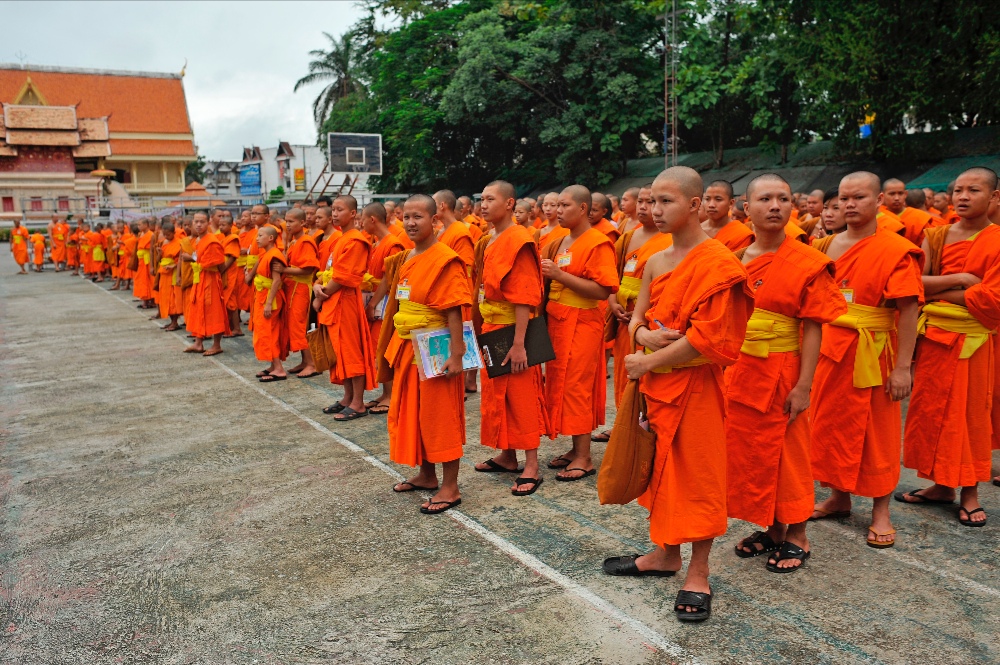
Participants are encouraged to explore Chiang Mai’s temples, night markets and heritage sites during weekends. Chiang Mai’s Old City walls and temples are candidates for UNESCO’s Tentative List, so you’ll experience living history while contributing to education.
Marine Conservation in Seychelles
A GVI flagship program is marine conservation in Seychelles, an island nation whose coral reefs and beaches form part of the UNESCO‑listed Aldabra Atoll and Vallée de Mai.
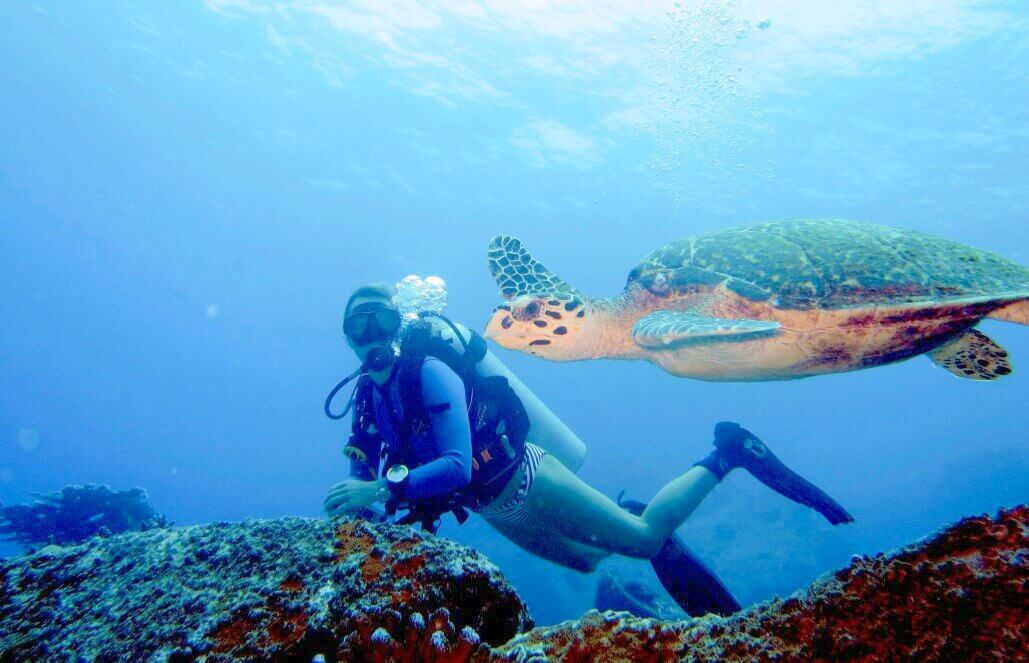
Volunteers conduct underwater surveys, identify fish and coral species, remove marine debris, and share data with local authorities. In spare time, volunteers explore pristine beaches and earn PADI certifications.
Choosing Your Heritage Volunteering Adventure
Volunteering at UNESCO World Heritage Sites lets you turn bucket-list travel into measurable impact. Whether you’re restoring coral on the Belize Barrier Reef, monitoring wildlife in Nepal’s Chitwan National Park, supporting clinics near Victoria Falls, building in Cusco, or aiding sustainable farming in Antigua, you’ll help protect biodiversity, preserve cultural heritage, and empower communities. Leading providers offer vetted, ethical volunteer programs with clear costs, dates, and in-country support.
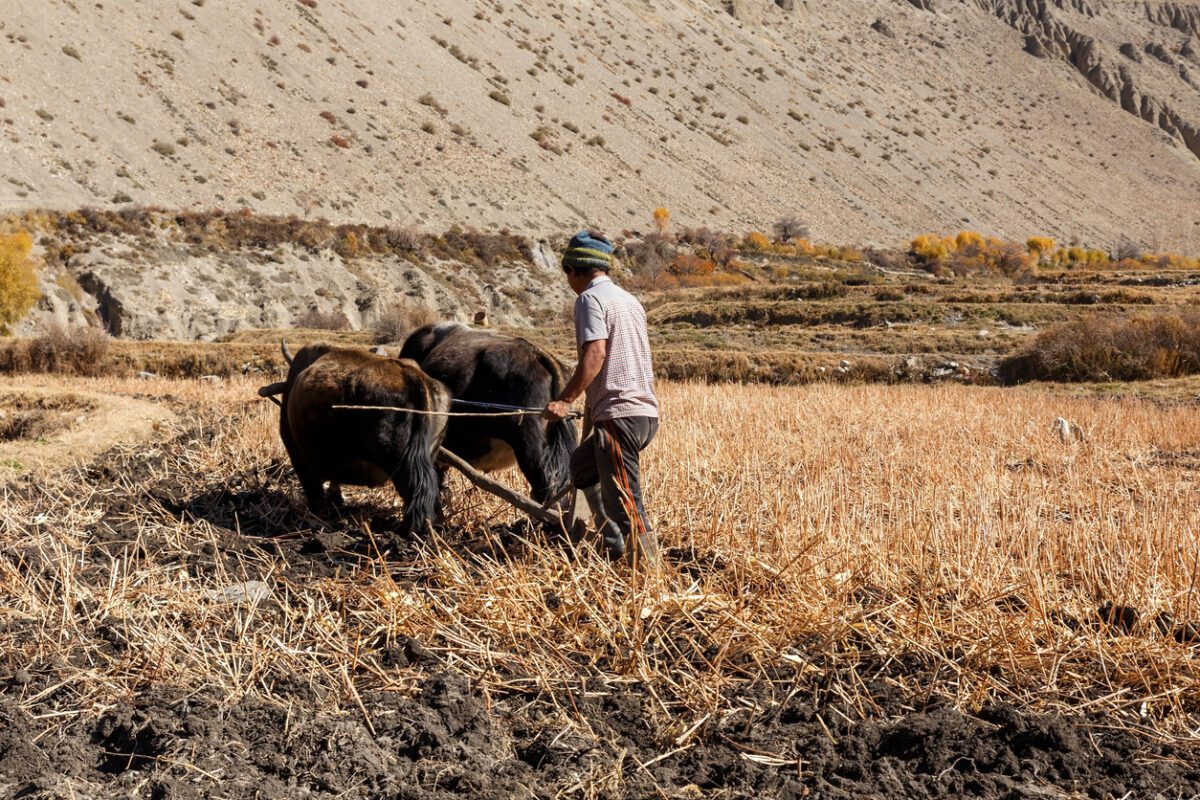
Ready for meaningful travel? Compare placements, check requirements, and apply early. Start your World Heritage volunteering journey today and make your next trip truly unforgettable.












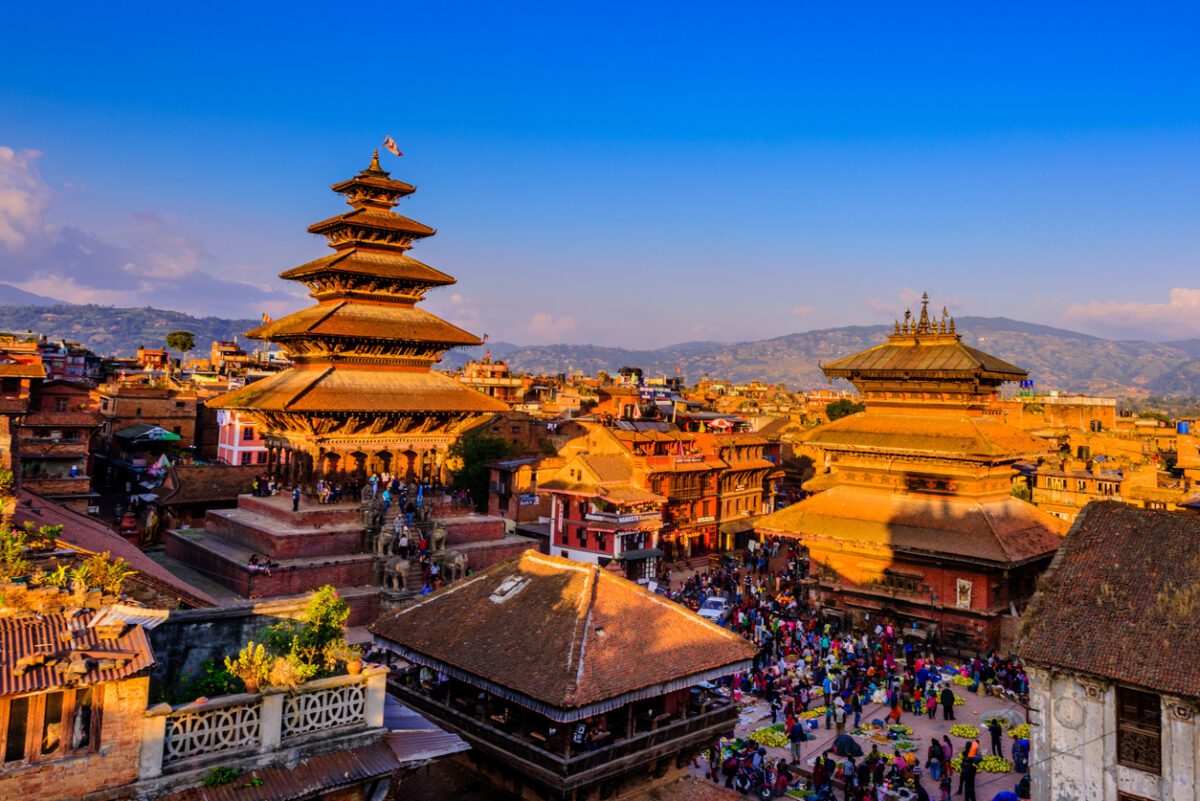






Munira Maricar · Travel Writer
With an international living background spanning Singapore, Qatar, Japan, and Mexico, Munira enjoys sharing insights on immersive travel while emphasizing the vital role of cultural respect and ethical engagement. Her extensive experience offers a unique perspective that inspires others to explore the world through service, ensuring that every journey respects and contributes positively to local traditions and communities.